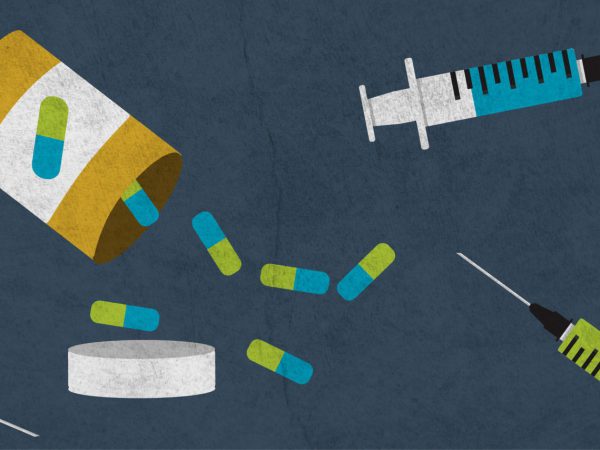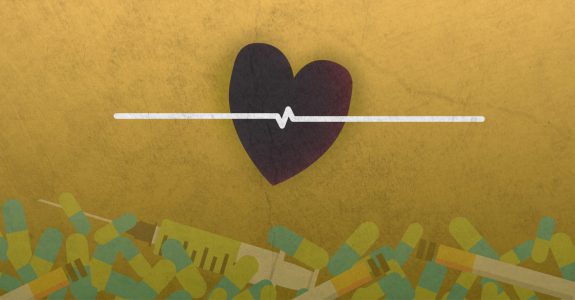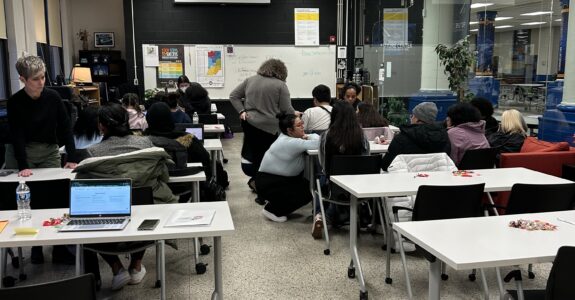Alex Cohen is the Director of Learning and Evaluation for the Richard M. Fairbanks Foundation.
The opioid epidemic continues to plague Indianapolis and the rest of the state. With the rise in opioid misuse, there has been a parallel surge in pregnant women with opioid use disorder.
Infants born to opioid-dependent mothers are at a high risk for Neonatal Abstinence Syndrome. NAS, which results from babies experiencing withdrawal from opioids once they leave the womb, leads to dehydration and poor weight gain, vomiting, tremors, irritability, high-pitched crying and seizures.
With the rise of opioid epidemic, the incidence of NAS nationwide tripled from 1999 to 2013. NAS is becoming so common now that some hospitals are starting to devote entire NICUs to caring for babies with NAS. In 2016, Indiana saw 678 babies born with NAS, leading to roughly $53 million in hospital charges. Marion County accounted for 156 of those births. That’s three babies born with NAS in the county every week.
Fortunately, there are treatment approaches that have demonstrated effectiveness in helping opioid-dependent mothers and their infants thrive.
Recently issued clinical guidance from the Substance Abuse and Mental Health Administration, or SAMHSA, highlights these approaches. SAMHSA’s guidance includes medication-assisted treatment, or MAT, for pregnant women with opioid use disorder. Rooming-in, promoting breast-feeding and creating environments for mothers to remain with infants and cultivate the “mother-baby dyad” are also recommended best practices.
While these guidelines can be readily implemented at hospitals, a common concern for those caring for these women and their children is ensuring continued care once they leave the hospital. As a result, the SAMHSA guidance also recommends strategies for ensuring appropriate follow-ups with mothers after leaving the hospital, including attachment-based parenting support, referrals to health professionals with expertise in NAS and other ongoing assistance.
Expanding engagement and treatment of pregnant and parenting women presents an important opportunity to mitigate the impact of the opioid epidemic for a particularly vulnerable population. The Richard M. Fairbanks Foundation is thankful to those in Marion County and across the country who do this often difficult work.



